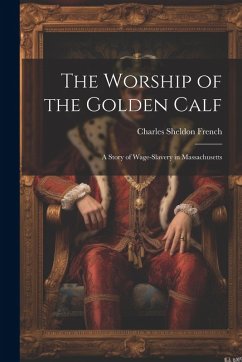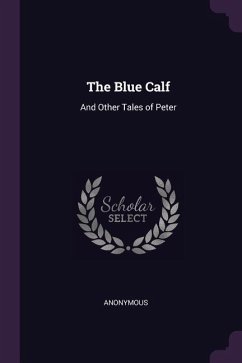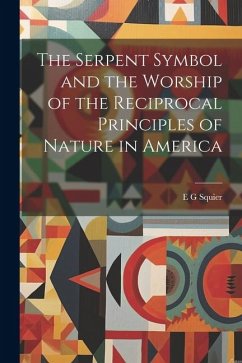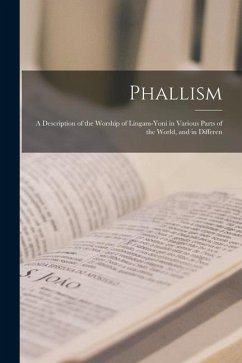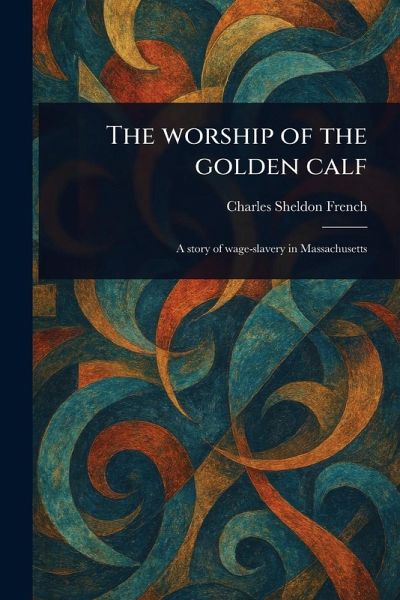
The Worship of the Golden Calf

PAYBACK Punkte
8 °P sammeln!
"The Worship of the Golden Calf: A Story of Wage-Slavery in Massachusetts" by Charles Sheldon French offers a compelling glimpse into the harsh realities of labor and industrial relations in 19th-century America. This work of historical fiction explores the challenging conditions faced by mill workers in Massachusetts, delving into the heart of wage-slavery and the urgent need for social reform. French's narrative, meticulously prepared for print republication, examines the moral and societal implications of industrial exploitation. Exploring themes relevant to both religious thought and polit...
"The Worship of the Golden Calf: A Story of Wage-Slavery in Massachusetts" by Charles Sheldon French offers a compelling glimpse into the harsh realities of labor and industrial relations in 19th-century America. This work of historical fiction explores the challenging conditions faced by mill workers in Massachusetts, delving into the heart of wage-slavery and the urgent need for social reform. French's narrative, meticulously prepared for print republication, examines the moral and societal implications of industrial exploitation. Exploring themes relevant to both religious thought and political science, "The Worship of the Golden Calf" provides a nuanced perspective on the human cost of economic progress. This story of mills and mill-work serves as a timeless reminder of the importance of fair labor practices and the enduring struggle for social justice. Readers interested in historical fiction, labor history, and the intersection of faith and social action will find this a thought-provoking and insightful read. This work has been selected by scholars as being culturally important, and is part of the knowledge base of civilization as we know it. This work is in the public domain in the United States of America, and possibly other nations. Within the United States, you may freely copy and distribute this work, as no entity (individual or corporate) has a copyright on the body of the work. Scholars believe, and we concur, that this work is important enough to be preserved, reproduced, and made generally available to the public. We appreciate your support of the preservation process, and thank you for being an important part of keeping this knowledge alive and relevant.





